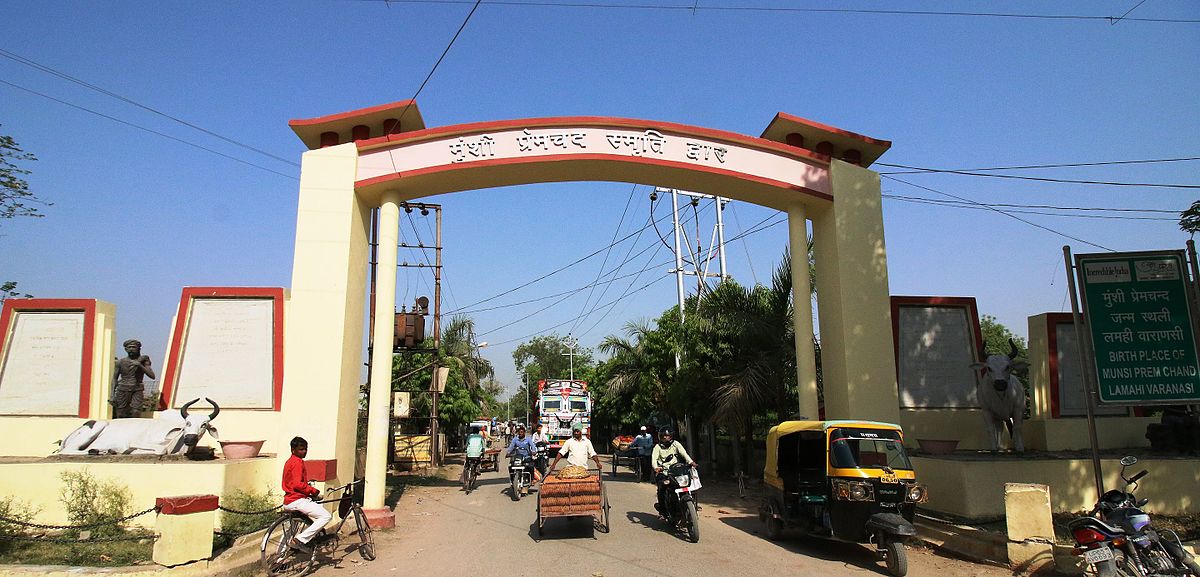Lamhi Village: Exploring the Literary Legacy of Munshi Premchand

Nestled amidst the tranquil landscapes of Varanasi, Lamhi Village stands as a testament to the rich literary legacy of one of India's most celebrated writers, Munshi Premchand. Renowned for his insightful portrayals of village life and social realism, Premchand drew inspiration from the rustic charm and cultural nuances of Lamhi Village, weaving timeless tales that continue to resonate with readers across generations. In this exploration, we embark on a journey to unravel the literary legacy of Munshi Premchand in Lamhi Village, offering insights into his profound impact on Indian literature and the enduring allure of village storytelling.
The Life of Munshi Premchand:
Born Dhanpat Rai Shrivastava in 1880, Munshi Premchand spent his formative years in Lamhi Village, immersing himself in the rhythms of rural life and the oral traditions of storytelling. Influenced by the social and economic disparities of the time, Premchand's early experiences in Lamhi Village shaped his worldview and instilled in him a deep sense of empathy for the plight of the common man. These formative years would later become the foundation for his literary oeuvre, which remains unparalleled in its depiction of the human condition.
Literary Themes and Influences:
Premchand's literary works are characterized by their exploration of themes such as poverty, injustice, and societal inequality, all of which he observed firsthand during his time in Lamhi Village. Through his stories, novels, and essays, Premchand sought to shine a light on the struggles and aspirations of ordinary people, giving voice to the marginalized and downtrodden. His commitment to social realism and his empathetic portrayal of human frailty earned him a place of honor in the annals of Indian literature, inspiring generations of writers to follow in his footsteps.
Exploring Lamhi Village Through Premchand's Eyes:
For literary enthusiasts and admirers of Premchand's work, Lamhi Village offers a unique opportunity to immerse oneself in the settings and landscapes that inspired some of his most enduring stories. From the dusty lanes and bustling marketplaces to the verdant fields and tranquil riverbanks, Lamhi Village provides a glimpse into the world of Premchand's imagination, where characters come to life and stories unfold against the backdrop of rural India.
Cultural Heritage and Preservation:
As a custodian of cultural heritage, Lamhi Village endeavors to preserve the memory and legacy of Munshi Premchand for future generations. Through initiatives such as literary festivals, guided tours, and educational programs, the village celebrates its association with the renowned writer and promotes awareness of his contributions to Indian literature. By fostering a deeper appreciation for Premchand's literary legacy, Lamhi Village ensures that his stories continue to resonate with readers and inspire new generations of writers for years to come.
Conclusion:
As we explore the literary legacy of Munshi Premchand in Lamhi Village, we are reminded of the enduring power of storytelling to illuminate the human experience and transcend cultural boundaries. Through his evocative narratives and compassionate portrayal of village life, Premchand captured the essence of rural India and left an indelible mark on the landscape of Indian literature. In Lamhi Village, his spirit lives on, inspiring visitors to connect with the timeless themes and universal truths that define his storytelling, and reaffirming his status as one of India's greatest literary luminaries.
